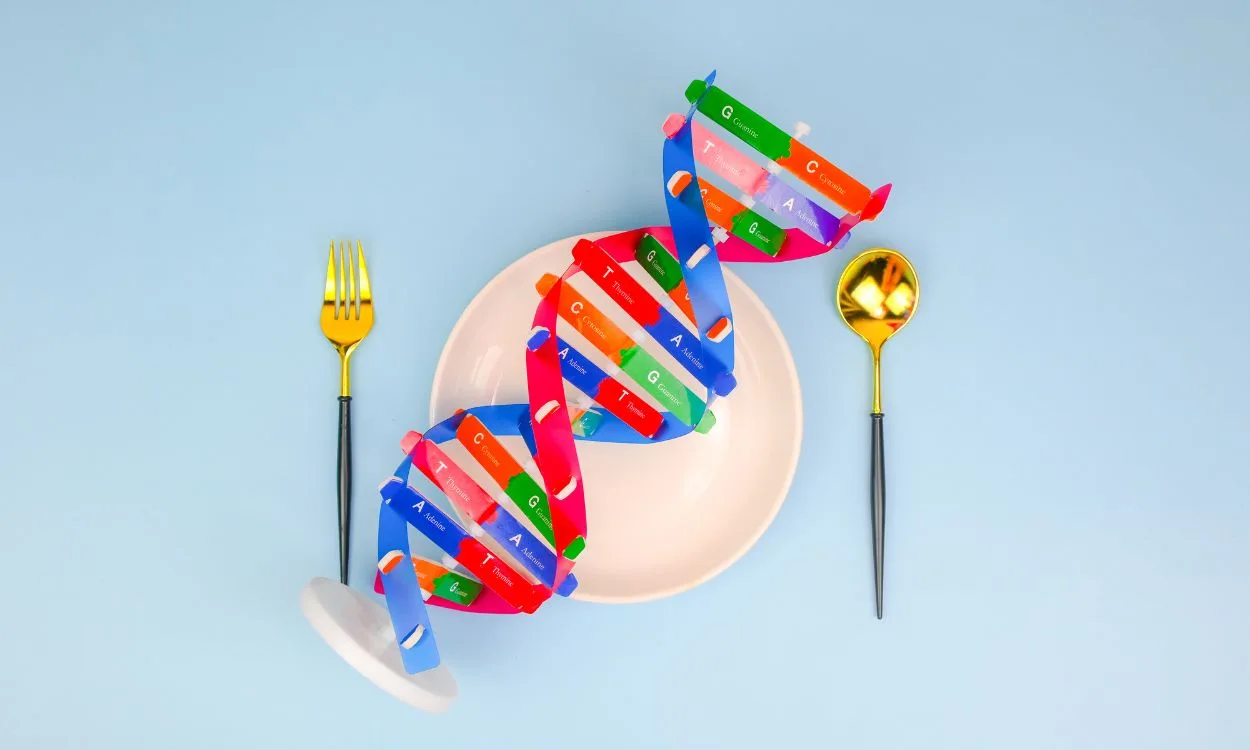How does genetics play a role in determining weight gain potential?
Have you ever wondered why some people seem to effortlessly maintain a healthy weight while others struggle to shed even a few pounds? The answer may lie in our genes. Genetics plays a significant role in determining our weight gain potential and can influence various aspects of our metabolism and body composition.
Here’s a detailed look at how genetics impact weight gain and what you need to know about your genetic predisposition to effectively manage your weight.
1. Genetic Variations and Metabolism
Our metabolism, which refers to the chemical processes that occur within our bodies to convert food into energy, can vary among individuals due to genetic differences. Specifically, variations in certain genes can affect how efficiently our bodies burn calories and store fat.
One such gene is the FTO gene, which has been associated with obesity and weight gain. People with certain variations of the FTO gene may have a slower metabolism and tend to store more fat, making it easier for them to gain weight.
2. Appetite Regulation
Genetics can also influence our appetite and how our bodies respond to hunger and fullness signals. The MC4R gene, for example, plays a role in regulating appetite and food intake. Variations in this gene have been linked to increased hunger and a higher likelihood of overeating, leading to weight gain.
Additionally, genes involved in the production and regulation of hormones like leptin and ghrelin can impact our hunger and satiety levels. Leptin is responsible for signaling fullness, while ghrelin stimulates appetite. Genetic variations in these hormone-related genes can affect our body’s ability to regulate food intake and may contribute to weight gain.
3. Fat Storage and Distribution
Certain genes can influence how our bodies store and distribute fat. For instance, variations in the FABP4 gene have been associated with increased abdominal fat, which is known to be a risk factor for various health conditions including obesity and metabolic disorders.
Genes related to adiponectin, a hormone involved in regulating glucose and fatty acid metabolism, can also impact fat storage. Lower levels of adiponectin, often influenced by genetic factors, have been linked to increased fat accumulation and a higher risk of obesity.
4. Response to Exercise and Diet
Genetics can influence how our bodies respond to exercise and different types of diets. Some people may have a genetic predisposition to be more responsive to certain types of exercises or diets than others. For example, variations in genes related to muscle fiber composition and fat metabolism can influence an individual’s ability to build muscle or burn fat in response to exercise.
Similarly, genetic variations can affect how our bodies process and utilize different nutrients. For instance, some individuals may have a genetic predisposition to be more sensitive to carbohydrates or fats, which can impact how their bodies respond to certain dietary patterns.
5. The Role of Environment and Lifestyle
While genetics play a significant role in determining weight gain potential, it’s important to note that environmental and lifestyle factors also contribute to overall weight management. Factors such as diet, physical activity, sleep, stress levels, and cultural influences can interact with genetic factors to influence weight.
Understanding your genetic predisposition can help you make more informed choices about your lifestyle and tailor your approach to weight management. By combining this knowledge with healthy habits, such as regular exercise, a balanced diet, and adequate sleep, you can optimize your weight and overall well-being.
If you’re interested in exploring how your genetics can guide your weight management journey, Fitpaa’s personalized approach can provide you with valuable insights and support. With a team of experts and cutting-edge technology, Fitpaa can help you understand your genetic predisposition and create a tailored plan to achieve your health and fitness goals.
Don’t let genetics hold you back from achieving your weight management goals. Download the Fitpaa app today and embark on a personalized journey towards a healthier, happier you.









